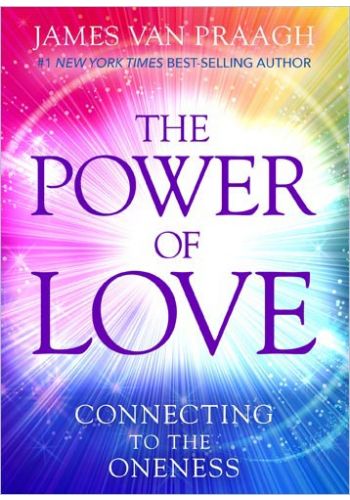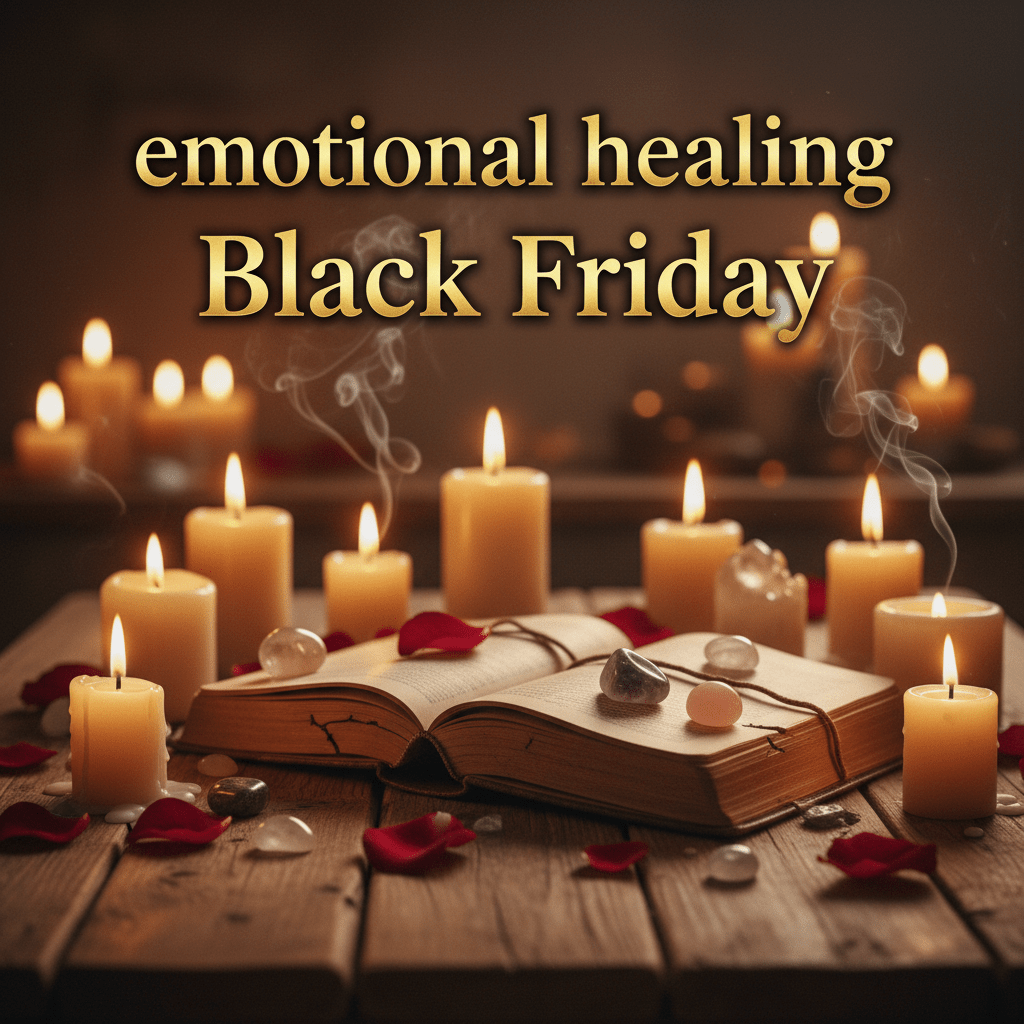In "The Power of Love: Unlocking the Secrets of Obsession," you will be taken on a captivating journey into the intriguing world of love and obsession. Delve into the depths of the human heart as we explore the enigmatic forces that drive individuals to become consumed by love. From ancient love spells to modern-day tales of infatuation, this article will shed light on the mysterious power of love and how it has the ability to captivate us in ways we never thought possible. So, get ready to embark on a fascinating exploration of the secrets behind obsession and experience the transformative power of love.
The Power of Love: Unlocking the Secrets of Obsession

Understanding the Concept of Obsession
Obsession is a complex and often misunderstood emotion that can profoundly impact our lives and relationships. It is a state of being consumed by intense thoughts, desires, or feelings about someone or something. Obsession, in the context of love, refers to an overwhelming preoccupation with another person, often to the point of disregarding personal boundaries and well-being. While love and obsession are interconnected, it is crucial to differentiate between healthy and unhealthy forms of obsession to maintain a balanced and fulfilling relationship.
The Science Behind Love and Obsession
Love and obsession have strong neurological roots. Scientifically, love is associated with the release of various chemicals in the brain, such as dopamine, serotonin, and oxytocin. These chemicals play a vital role in regulating our emotions, creating feelings of attachment and euphoria, and reinforcing pleasurable experiences. Obsession, on the other hand, can be seen as an exaggerated form of love, where the brain becomes fixated on a specific person or object, resulting in an overactive release of these chemicals. This intense activation of the reward center in the brain can lead to addictive and potentially destructive behaviors.
Differentiating Love from Obsession
It is essential to distinguish between love and obsession to ensure the well-being of both individuals in a relationship. Love is a positive and nurturing emotion that encourages growth, trust, and mutual respect. It is characterized by a deep connection and genuine care for the other person's happiness. In contrast, obsession is often fueled by possessiveness, fear of loss, and control. While love enhances our lives, obsession can be detrimental, causing emotional distress, codependency, and even abuse. Recognizing the boundaries of healthy love and embracing self-awareness is crucial in maintaining a balanced and fulfilling relationship.
Exploring the Types of Love
Love manifests itself in various forms, each carrying its unique qualities and characteristics. The concept of love can be broadly categorized into four types: passionate love, companionate love, compassionate love, and self-love. Passionate love is characterized by intense emotions and an overwhelming desire for closeness and intimacy. Companionate love, on the other hand, focuses on emotional connection, shared interests, and friendship. Compassionate love involves empathy, understanding, and caring for the well-being of others. Lastly, self-love refers to the appreciation and acceptance of oneself, forming a foundation for healthy relationships with others. Understanding these different forms of love allows for a deeper understanding of the dynamics within relationships and helps in identifying potential obsessions.

The Role of Dopamine and Oxytocin in Love and Obsession
Dopamine and oxytocin, often referred to as the "love chemicals," play a significant role in both love and obsession. Dopamine is associated with pleasure, reward, and motivation, making it a crucial component in the initial stages of falling in love. It creates a sense of euphoria and longing, propelling individuals towards attachment and connection. Oxytocin, on the other hand, is a hormone associated with bonding and trust. It is released during moments of physical touch, closeness, and intimacy, fostering a sense of security and emotional connection. However, in cases of obsession, the overactivation of these chemicals can lead to an idealized and unrealistic perception of the other person, often resulting in an unhealthy attachment and an imbalance of power dynamics in the relationship.
Social and Cultural Influences on Obsessive Relationships
Our social and cultural environment plays a significant role in shaping our perceptions and behaviors within relationships, including obsession. Cultural norms, societal expectations, and media portrayal of romance can influence our understanding of love and lead to the development of obsessive tendencies. For example, movies and books often romanticize possessive behaviors as signs of intense love, potentially normalizing and encouraging unhealthy obsessions. Additionally, societal pressure to find a partner or conform to traditional relationship structures can exacerbate obsessive tendencies, as individuals may feel the need to control and possess their partner as a result of these external influences. Thus, it is crucial to be aware of these societal pressures and challenge them to foster healthier and more balanced relationships.

Unhealthy Obsession: When Love Crosses the Line
While love and obsession share common characteristics, an unhealthy obsession can cross the line and become toxic and dangerous. Unhealthy obsessions often involve possessiveness, jealousy, constant monitoring, and controlling behaviors. These patterns can lead to emotional, psychological, and even physical harm in relationships. Recognizing the signs of unhealthy obsession, such as a lack of respect for personal boundaries, constant fear of abandonment, and isolation from friends and family, is vital in seeking help and support. Remember, love should never compromise your well-being or manipulate your sense of self.
Psychological Factors That Contribute to Obsession
Obsessions can stem from various psychological factors. In some cases, unresolved childhood trauma, attachment issues, or abandonment fears can contribute to the development of obsessive tendencies in relationships. Individuals who have experienced past traumatic events may cling excessively to a partner out of fear of being alone or abandoned. These deep-seated psychological factors can create an unhealthy dependence on the other person, driving the obsession further. Understanding and addressing these underlying psychological factors through therapy and self-reflection are crucial steps towards breaking free from unhealthy obsessions and fostering healthier relationships.

Signs and Symptoms of Obsession in Relationships
Recognizing the signs and symptoms of obsession is essential for both individuals in a relationship. Some common indicators of obsession include constant thoughts about the other person, an inability to focus on other aspects of life, an extreme fear of losing the person, and feeling the need to constantly be around them. Other signs may include extreme jealousy, possessiveness, controlling behavior, and an inability to accept rejection or establish healthy boundaries. It is important to remember that a healthy, loving relationship should allow for individual growth, independence, and a sense of autonomy.
The Impact of Obsession on Mental Health
Obsession can take a toll on mental health, affecting both the obsessed individual and the person they are fixated on. The constant preoccupation with the other person can lead to anxiety, depression, and a decline in overall well-being. At the same time, the person being objectified may feel trapped, suffocated, and overwhelmed by the intense attention and scrutiny placed upon them. Obsessive behaviors often lead to a breakdown in communication, trust, and emotional stability, ultimately deteriorating the quality of the relationship and the mental health of both individuals involved. Seeking professional help, such as therapy or counseling, can be vital in breaking the cycle of obsession and restoring mental well-being for all parties involved.
In conclusion, love and obsession are closely intertwined concepts, each carrying its own implications and consequences. While love can bring immense joy and fulfillment, uncontrolled obsession can be destructive and harmful. By understanding the science behind love and obsession, differentiating healthy love from unhealthy obsession, and recognizing the signs and symptoms of obsession, individuals can foster healthier relationships and protect their mental well-being. It is essential to embrace self-awareness, address underlying psychological factors, and seek support when obsessions become overwhelming. Remember, love should empower and uplift, not possess and control.






